See the other candidate's answers to these questions.
1. Eugene residents, in large numbers, have expressed support for more walkable neighborhoods. What does a walkable neighborhood mean to you, and how would you seek to bring about more walkable neighborhoods Eugene?
I moved to my own neighborhood 25 years ago because I wanted my children to be able to walk to the neighborhood school. I consider safe walking to be a fundamental attribute of a livable community. As I have canvassed neighborhoods in Eugene, I’ve experienced the differences across town – some neighborhoods want sidewalks, others want to retain a “country road” ambience and don’t. Many people express confusion about priorities in road upgrades, traffic calming and maintenance. As mayor, I would work to improve the communication and understanding of these priorities, and the particular pressures felt in neighborhoods. I will continue to canvass even after being elected as a way to stay in touch with these immediate concerns.
2. What are the biggest challenges to people on foot in Eugene? How would you address these challenges?
In some neighborhoods, the biggest concern is discontinuous sidewalks, forcing pedestrians into the streets and around parked cars. In certain parts of town, Whiteaker, River Road, and Bethel, neighborhoods are divided by broad streets with fast moving traffic and infrequent protected crossings. In Bethel in particular, side streets that should have slow, limited traffic have become short- cuts used by faster moving through traffic which creates safety hazards. As in my answer above, I will seek to clarify road improvement priorities and improve communication and responsiveness to neighborhood concerns.
3. Given the current economic climate, families in Eugene are struggling more and more with housing affordability. What is the most important thing we can do to ensure affordable housing in Eugene?
The key to affordability is supply of a range of housing that meets the budgets of a range of incomes. There are multiple avenues to increasing supply. There is some prospect that the abundance of student housing will open housing to families and individuals formerly rented by students, and that rents will not rise as fast as they might otherwise. The city has an important land bank program to create a reserve of land for future affordable housing construction, and a number of nonprofit housing providers will have access to increased state funding. The city, and mayor in particular, play an important role in advocating for these funds.
4. Many people identify the Capstone apartments as the type of development they do NOT want to see more of in Eugene. Can you give an example of a development that IS what we want more of in Eugene?
Among the objections to Capstone are two visible problems: it is lacking in architectural interest or craftsmanship and it is out of scale to the neighborhood, serving as a barrier rather than a complement to the cityscape. Other projects like the Tate and the Broadway Place apartments at Charnelton are nicely designed, quality buildings. Even though the Tate is relatively tall for that location, it works because it doesn’t shadow the surrounding lots. South Willamette has a relatively new three story apartment building near 25th that is attractive, has adequate set backs and does not overshadow the houses to the east.
5. Eugene is projected to add 34,000 new residents over the next 20 years. How do you propose that we accommodate this growth?
I support gradual denser development that is sensitive to the scale of the neighborhoods. In south Willamette, for example, the area already has two story buildings within neighborhoods and three story apartments along Willamette itself. Modest growth in buildings at that scale could help accommodate growth. This is true of many neighborhoods – duplexes and four-plexes, townhouses, and two and three story apartment buildings can gradually increase the housing supply in many parts of our city.
6. Eugene has a population with a lot of different points of view. What do you see as your role in to building an atmosphere of trust and open dialog?
If elected mayor, I plan to publish a monthly “state of the city” dashboard report in the newspaper, on the website and elsewhere that would give the public a consistent and predictable update on the status of current issues. This would help avoid the communication gap that occurs between the time the council publicly discusses a policy and when it is brought back to the council after city staff have worked on the specifics. That time lag can be many months and contributes to a level of distrust in the decision making process.
